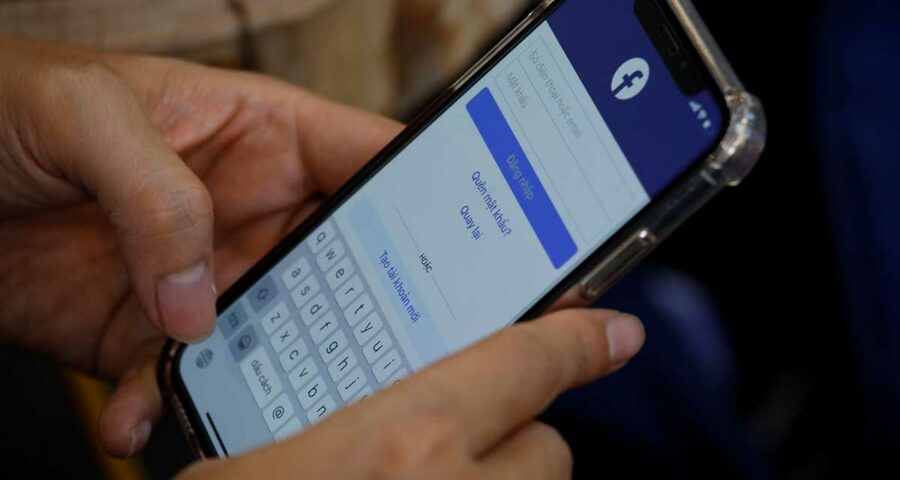MPs asked if the platforms have the right to take down or suspend accounts.
Neha Alawadhi reports.
Facebook’s decision to refer its suspension of former US president Donald Trump’s accounts to its independent oversight board has generated global interest, including from Indian lawmakers.
The Parliamentary Standing Committee on Information Technology, which met with executives of Facebook and Twitter last mnonth, devoted a large chunk of time to Trump’s account suspension and the recent controversy over WhatsApp’s proposed privacy policy update.
There has been some discomfort among Indian politicians about platforms like Twitter, Facebook, Instagram, and YouTube suspending Trump’s accounts after some of his tweets and posts were seen as having incited the riots at the US Capitol on January 6.
The Parliamentary Committee also asked if the platforms have the right to take down or suspend accounts.
Facebook, which owns WhatsApp, was also asked to explain if it has the same privacy policy globally or if there are territorial differences and why.
In its statement, the Oversight Board said Facebook has also requested policy recommendations from the board on suspensions when the user is a political leader.
There are 20 global members of the board, whose job is to examine content taken down from Facebook and Instagram.
In due course, the board will also look at content removal requests in real time.
Facebook’s decision to suspend Trump’s access to post on January 7, has started a global debate.
‘A decision by the board on this case will be binding on Facebook, and determine whether Trump’s suspension… for an indefinite amount of time is overturned,’ the Oversight Board said.
‘Facebook has committed not to restore access to its platforms unless directed by a decision of the Oversight Board,’ it added.
‘Facebook must consider any accompanying policy recommendations from the board, and publicly respond to them.’
Explaining how the board will decide this case, it said the case will be assigned to a five-member panel in accordance with bylaws.
‘After the panel reaches a decision, its findings are shared with the entire board. Sign-off by a majority of the board is required for a case decision to be issued.’
Members will decide whether the content involved in this case violated Facebook’s Community Standards and values.
They will also consider whether Facebook’s removal of the content respected international human rights standards, including freedom of expression.
Trump, through his designated page administrators, will have the ability to submit a user statement to the board explaining why he believes Facebook’s content moderation decisions should be overturned.
Facebook will also share contextual information and a detailed explanation for their existing content decisions in this case.
The board will open a process for all interested individuals and organisations to submit public comments to share any insights and perspectives that they believe will assist with making a decision.
The board’s bylaws set an outer limit of 90 days within which it must arrive at a decision.
The case decision will be published on the board’s Web site and will present the key information used by the panel to reach a decision, along with an explanation on how the panel reached its final conclusions.
Following publication, Facebook will have up to seven days to implement the case decision.
Facebook must also respond publicly to any policy recommendations the board makes within 30 days.
Feature Presentation: Ashish Narsale/Rediff.com
Source: Read Full Article


